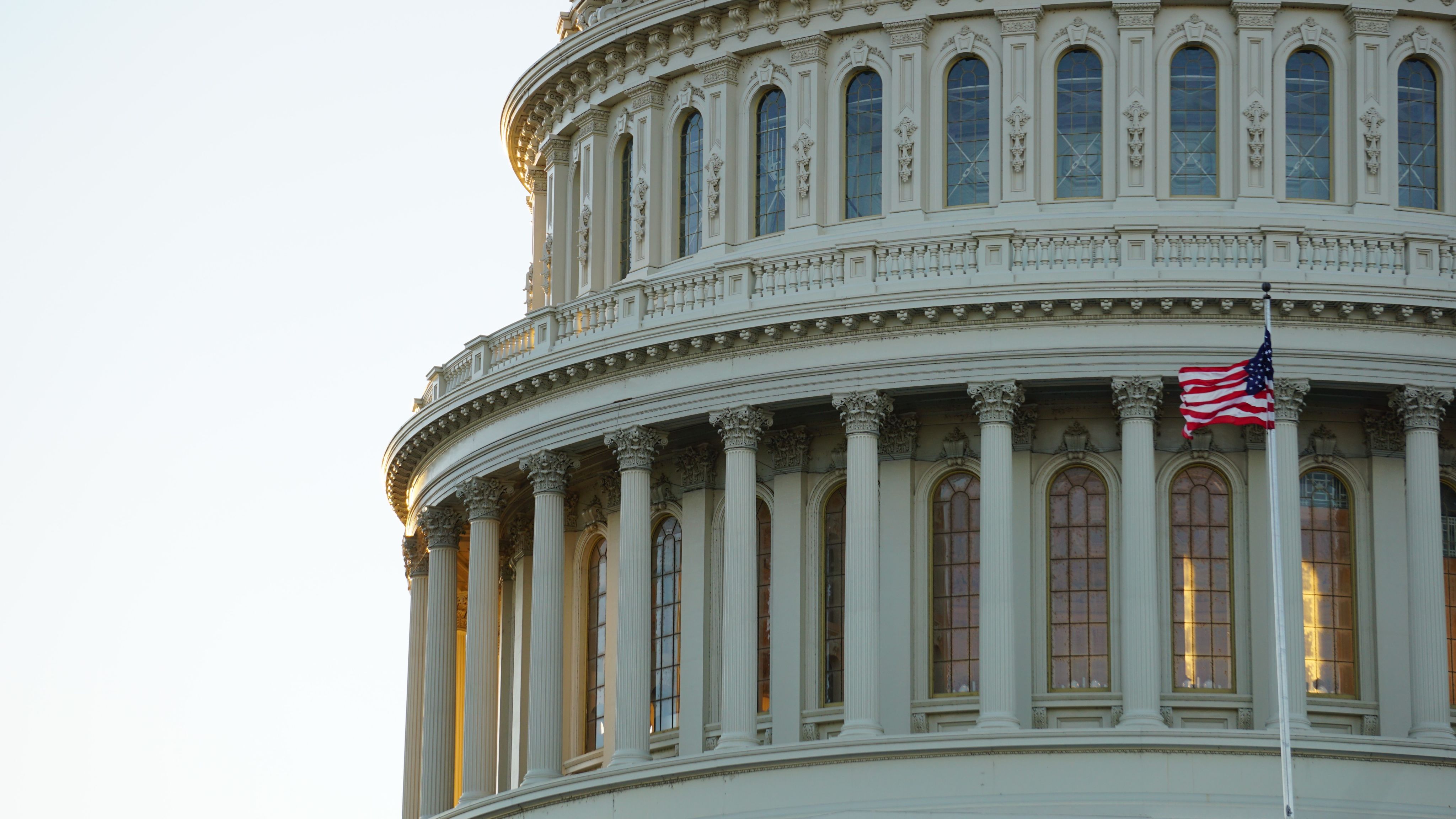UK decision not to probe Microsoft-Mistral leaves more questions than answers
UK decision not to probe Microsoft-Mistral leaves more questions than answers
30 May 2024
By Nicholas Hirst
A UK merger decision not to probe Microsoft’s investment into Mistral AI ought to have been good news for tech companies in the space. Instead, it’s left some of them feeling quite queasy.
That’s because the grounds to suspect that Microsoft might gain “material influence” over Mistral were threadbare at best — yet that didn’t stop the UK regulator from thinking hard about probing the French startup whose few dozen employees are at the forefront of the AI revolution.
But it’s also because the dependency test set out by the CMA is so vague and broad as to cast suspicion over almost any investment by a large tech company into AI developers or many other commercial relationships. That may chill investment into the sector, while also worrying developers.
The Competition and Markets Authority explained last week why Microsoft’s investment into Mistral did not qualify as a relevant merger situation.
That February investment saw the world’s most valuable company invest 15 million euros ($16.2 million) into France’s Mistral AI, which it can convert into a stake.
The deal would see Mistral use Microsoft’s cloud-computing power to train its AI and, in turn, it would make its AI models available on Microsoft’s platform.
The CMA, like many competition regulators, is very concerned that the AI economy may tip into the hands of the tech giants. It considered whether the agreement might give Microsoft “material influence” over Mistral, giving the merger regulator jurisdiction to scrutinize it.
In a 2006 probe into dairy companies, the UK regulator found it had jurisdiction to look at a 15 percent stake, in part because it accorded the investor a potentially influential board seat.
Amazon’s 2019 acquisition of a 16 percent stake in Deliveroo was considered to give it sufficient influence to warrant scrutiny, in particular because the e-commerce giant gained commercial influence via a seat on the board and its supply of cloud-computing power.
No material influence
By contrast, last week’s decision concluded that Microsoft did not gain material influence over Mistral. Its potential stake would represent less than 1 percent of Mistral and come with no special rights or board representation, the CMA said.
Nor did the agreement to carry Mistral models on Microsoft’s platform lead to material influence, in particular given that Mistral remained free to put its models on other platforms. Neither did Microsoft’s offer of cloud-computing power, given it represented only a part of what Mistral expected to use.
Given that constellation of facts, it’s surprising that the CMA thought hard about calling in Mistral at all.
The decision shows that Microsoft provided a briefing paper, responded to two inquiry letters, and made a further submission on jurisdiction, all before the CMA went public on April 24. As for Mistral, it answered one questionnaire and made its own submission on jurisdiction, again all before April 24.
CMA’s guidance says it should only consider calling in “material influence” scenarios where “there is a reasonable chance” that the deal could warrant an in-depth probe.
How could that be possible here? What is clear from the CMA decision is that it's applying a very broad test of material influence.
It asserts that the supply of cloud computing or a distribution agreement can by themselves trigger “material influence” where it either “creates a dependency … such that it enables [the investor] to influence materially the commercial policy of the foundation model developer.”
The section on cloud computing goes into more detail, explaining that a dependency could be created by exclusivity requirements or “other terms that compromise the commercial freedom of the foundation model developer.”
For example, by stopping it from running its model on other platforms, the CMA says.
Dependency
“The standard throws into question so many relationships that are at the heart of the tech industry,” says one critic. “What’s the limiting principle?”
Would material influence catch Netflix’s use of AWS’s cloud service or Qualcomm’s sale of key semiconductors to Apple or any deals licensing standard-essential patents?
It would certainly seem to snag any supply deal struck by a company enjoying a dominant position in the market in question. Why, then, haven’t the many investments into AI of Nvidia — the dominant supplier of semiconductors of AI — drawn UK scrutiny yet?
(Nvidia declined to comment, but a corporate filing yesterday said it had received questions from UK, EU and Chinese regulators about issues including its AI investments.)
But dependency is a wider concept than dominance. For example, European laws on “economic dependency” catch the commercial relations between brands and retailers.
It’s easy to imagine R&D partnerships between large and small pharma companies also giving rise to dependency.
How should one know which of all such commercial relations will draw the attention of powerful UK merger regulators, let alone trigger concerns?
Uneven enforcement
That matters for at least three reasons.
While some AI developers have welcomed regulators’ scrutiny of Big Tech’s move into AI, they fear the current approach risks scaring off investors and cloud-computing partners. Developers at the forefront of the AI revolution are currently scrambling for cash, expertise and infrastructure.
Such developers are also not equipped to deal with competition assessments and inquiries, either in terms of in-house knowledge or resources. Thresholds are meant to shield smaller companies from the heaviest regulatory burdens.
And finally, the breadth of the CMA’s test means it can only ever catch a handful of the situations where a situation of “dependency” is created. That risks creating unequal treatment between companies within a single sector.
The CMA declined to comment specifically. It has previously said it hopes its inquiries into various Microsoft and Amazon AI partnerships will provide clarity to the market. So, expect future decisions to flesh out the reasoning in Mistral.
Microsoft seems resigned to a full-on probe into the billions it has invested into OpenAI, where the cloud computing deal is more significant. The logic of the Mistral decision confirms that.
For the inside track on merger developments, with unique insight from specialist journalists on the review process, procedural steps and ensuing court litigation, activate your instant trial of MLex today.






